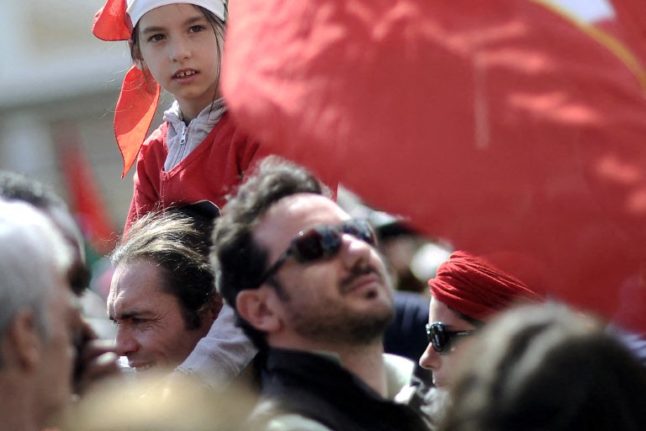Though the concept of ‘unlucky number 13’ is not unknown in Italy – thanks largely to the influence of American movies – here instead it’s the number 17 that many people view with suspicion.
The belief that 17 is an unlucky number is common in Italy, and in some other southern European countries, and is thought to date as far back as Ancient Greece.
Some say the idea of 17 being an unlucky number stems from the followers of philosopher Pythagoras, who apparently disliked the number as he found it to be imperfect, unlike the more arithmetically appealing numbers 16 and 18.
Others say the Romans found the number unnerving because when written in numerals (XVII) it’s an anagram of the Latin word VIXI, meaning ‘I have lived’: which they thought suggested death.
Friday the 17th in particular is viewed as an inauspicious date.
Not only will most Italians avoid holding big events or important meetings on this date, but some even take the day off work as a precaution.
READ ALSO: Unlucky Friday 17th and other Italian superstitions you need to be aware of
Friday probably has a reputation as an unlucky day in Italy for the same reason it does elsewhere: in Biblical tradition, the concept of unlucky Fridays comes from the fact that this was believed to be the day on which Adam and Eve ate the forbidden fruit; the day Cain murdered his brother, Abel; and the day Noah’s ark was needed in the Great Flood. In short, not much good ever happened on Fridays.
Even if you’re not the superstitious or religious type (and in Italy, these two things overlap more than you might expect) it may be useful to know that the ‘unlucky’ number 17 is often omitted from Italian street numbering, hotel floors, airline seating, and so on.
So don’t be surprised if, next time Friday 17th rolls around, you notice some Italian shops and offices closed ‘per scaramanzia’.



 Please whitelist us to continue reading.
Please whitelist us to continue reading.
Member comments